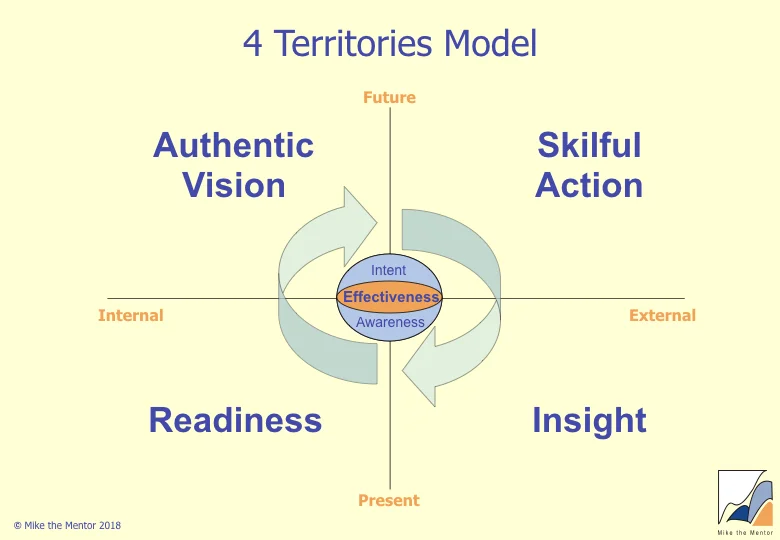Your First 100 Days
/I read a lot of books on topics like leadership, management and coaching. And too often I end up imagining that, when the author handed the first draft to the publisher, the publisher came back to them saying "This is great! But we can't publish a book this short. Make it twice as long and you're on!" This wastes everyone's time, including mine - and I resent it! Niamh O'Keeffe's Your First 100 Days: How to Make Maximum Impact in Your New Leadership Role is not one of these books. It’s a short book that should be a short book. And it easily can be read in a couple of hours without at any time feeling you're ploughing through any padding put in to satisfy the publisher. (Note that the above comments were written about the 1st Edition which ran to 176 pages; I’m hoping these comments still apply to the 2nd edition which is 240 pages long.)
The book is based on the premise that your first 100 days in a new role is critical - and that there are things you can do to increase the likelihood of making a successful transition into your new role.
The book is straightforward and pragmatic, providing a structured approach to navigating the first 100 days - focusing on 3 phases:
1. Beginning
Preparation: let go of your previous role; plan how you will resource yourself; identify the transition challenges you face; see the whole system in which you will be operating; be clear about what you want to have achieved at the end of your first 2 years; and
Create a First 100 Days plan using the whole system approach outlined in the diagram.
Start the job: ensure you show up as a leader, not a manager; finalise your First 100 Days plan based on your initial period in the role; launch the First 100 Days plan and vision; and use who you are to create impact and mobilise others.
2. Middle
At day 30: review progress and if necessary adjust the plan; decide what and who really matters in the the organisation; focus on building a high-performing team; and invest in your internal and external networks.
At day 60: again review progress and if necessary adjust the plan; decide who stays and who goes in your team; ensure that how you are acting is creating a positive resonance in your team and that they are working hard to support you; and keep your energy and focus up.
3. End
At Day 90: review progress against the plan identify and write a 10-day To-Do list of what needs to be done to bring the First 100 Days to a successful close; get feedback and a reality check; reflect on how you've done; and learn from your mistakes.
At Day 100: communicate your successes to stakeholders; celebrate with your team; consider what you're going to have achieved by the end of your first 12 months; and create a resurgence of effort and activity to carry you though the next 9 months.
Supported by checklists, Critical Success Factors, and specific guidance, the book is a useful manual for the new appointee, or for their coach. In my experience, when executives are first appointed to senior roles where they have no one closely managing them they are often worried about whether there's anything they might be missing. They think that they're doing a good job - but they're also worrying that there might be something that they've overlooked. This book will reduce the risk that they've missed something important in the complicated and complex process of stepping up into a new role.


